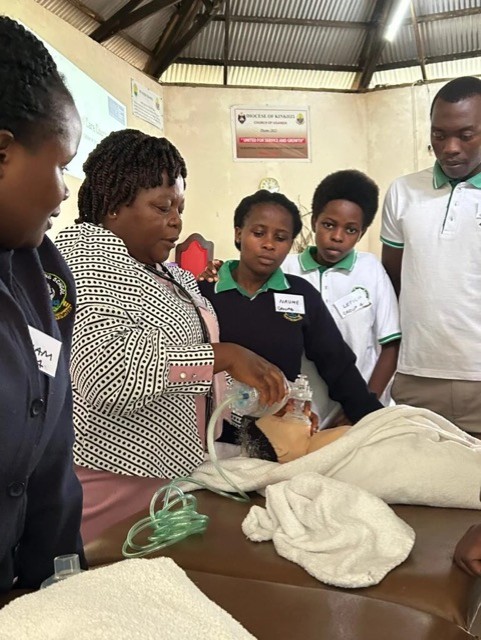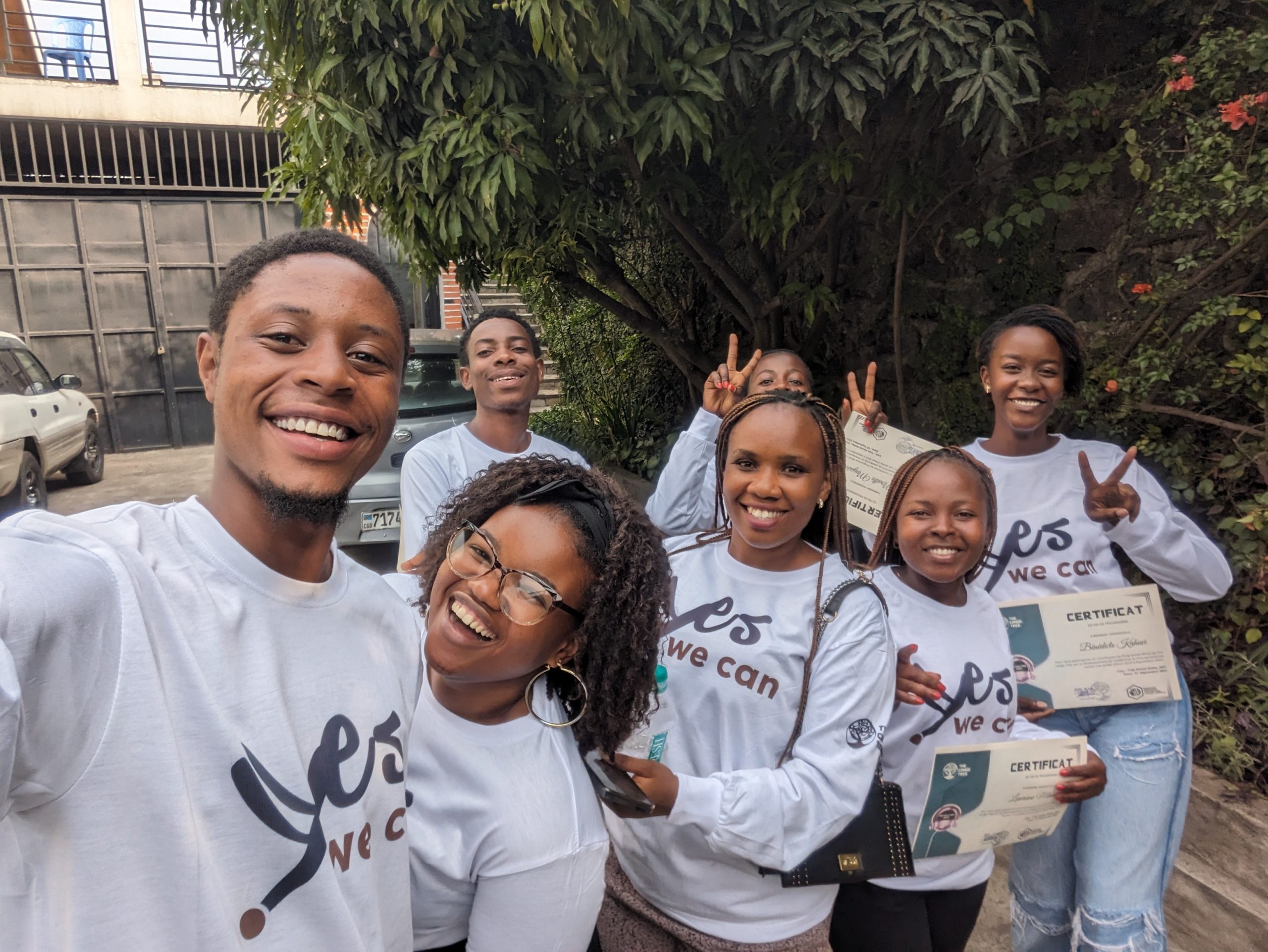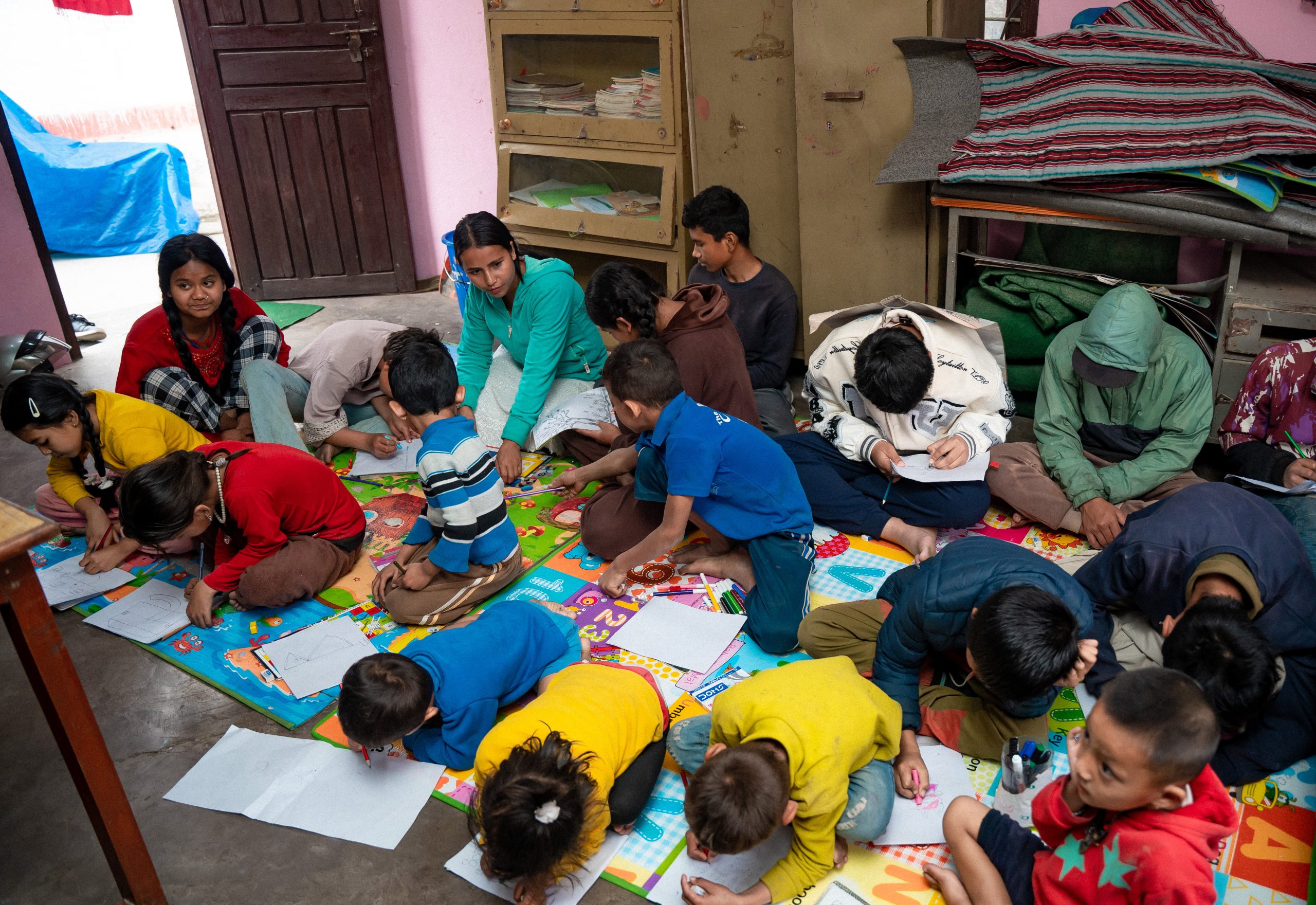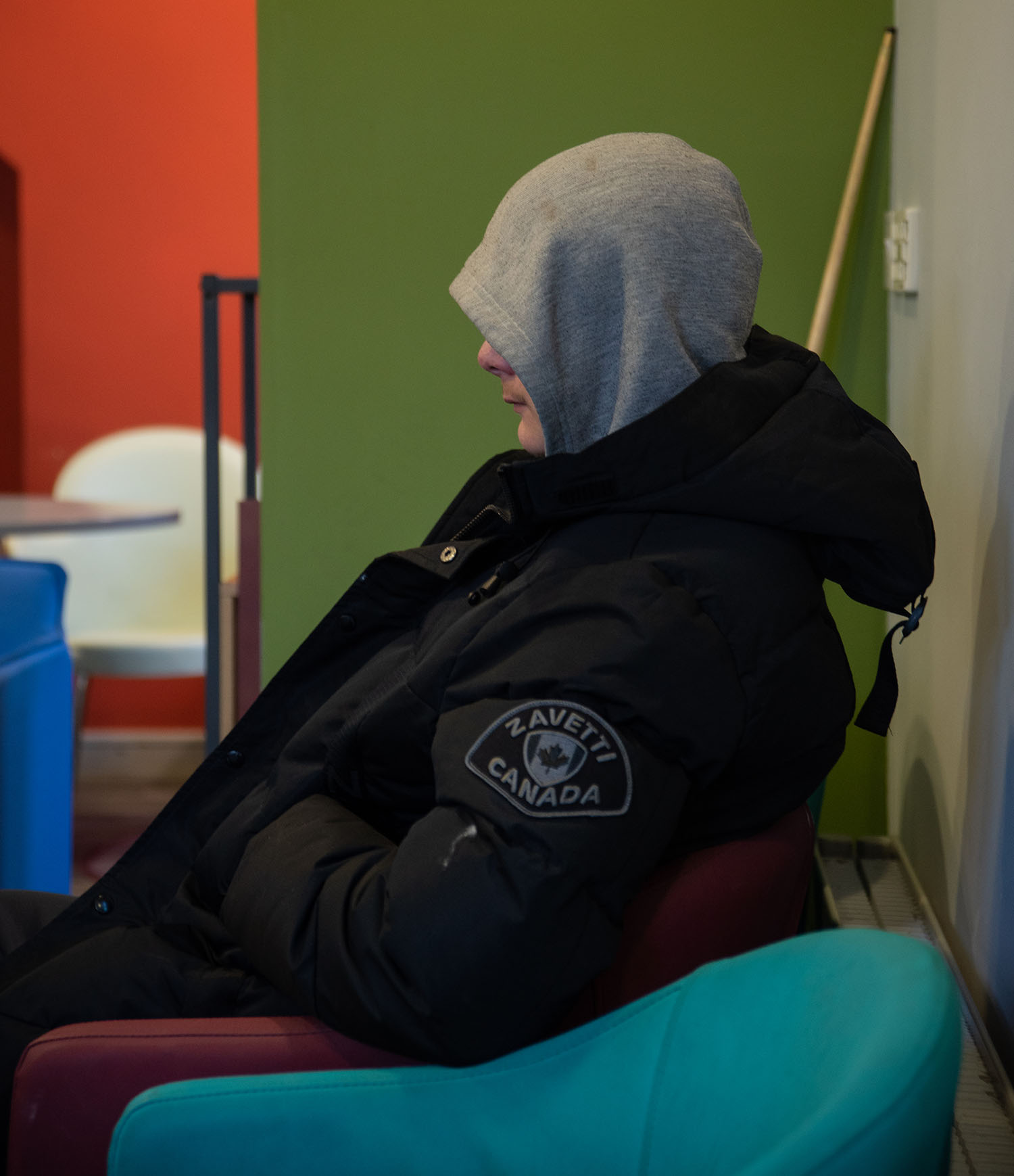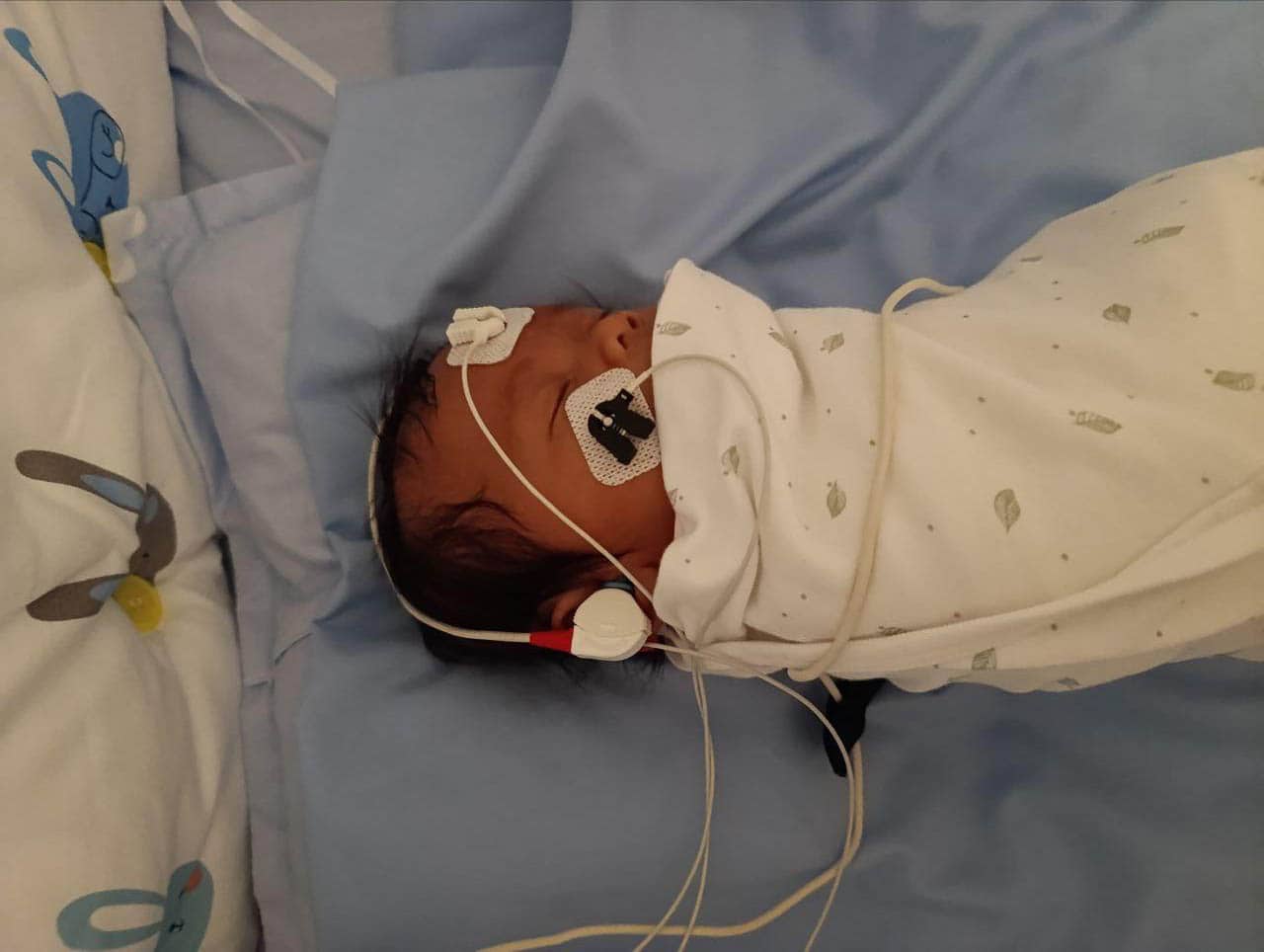Our Projects
Since 2006 we have worked with excellent grassroots charity partners which are delivering projects that strive to improve the quality of life for the most marginalised children and young people worldwide.
Our Projects
Since 2006 we have worked with excellent grassroots charity partners which are delivering projects that strive to improve the quality of life for the most marginalised children and young people worldwide.
38
Countries Supported
356+
Projects Helped
19
Years Active
128
Charity Partners
Status
Sort by
Charity Name
Country
Year
UNSDG Type
- Filter Options
Charity Name
Year
Country
UNSDG Type
Status
Sort by
- Uganda
- 2026
- - 2027
NICHE International exists because too many babies in low-income countries die in their first month of life.
- Democratic Republic of Congo
- 2026
- - 2028
The Congo Tree develops the skills of young people to form the next generation of leaders in the Democratic Republic of Congo.
- Nepal
- 2026
- - 2028
Kidasha works with local partners to ensure that every child in Nepal has a safe and bright future.
- UK
- 2026
- - 2028
The Streetlife Trust is a youth work charity providing emergency shelter and support to vulnerable young people experiencing homelessness aged 16-25 in Blackpool and surrounding areas
- Cambodia
- 2025
- - 2026
All Ears (AEC) provides ear and hearing medical services in Cambodia by building partnerships with government bodies and institutes, hospitals, schools and communities.
- Cambodia
- 2025
- - 2026
All Ears Cambodia (AEC) helps detect, treat and mitigate hearing loss in children, working at hospitals, schools and communities.
